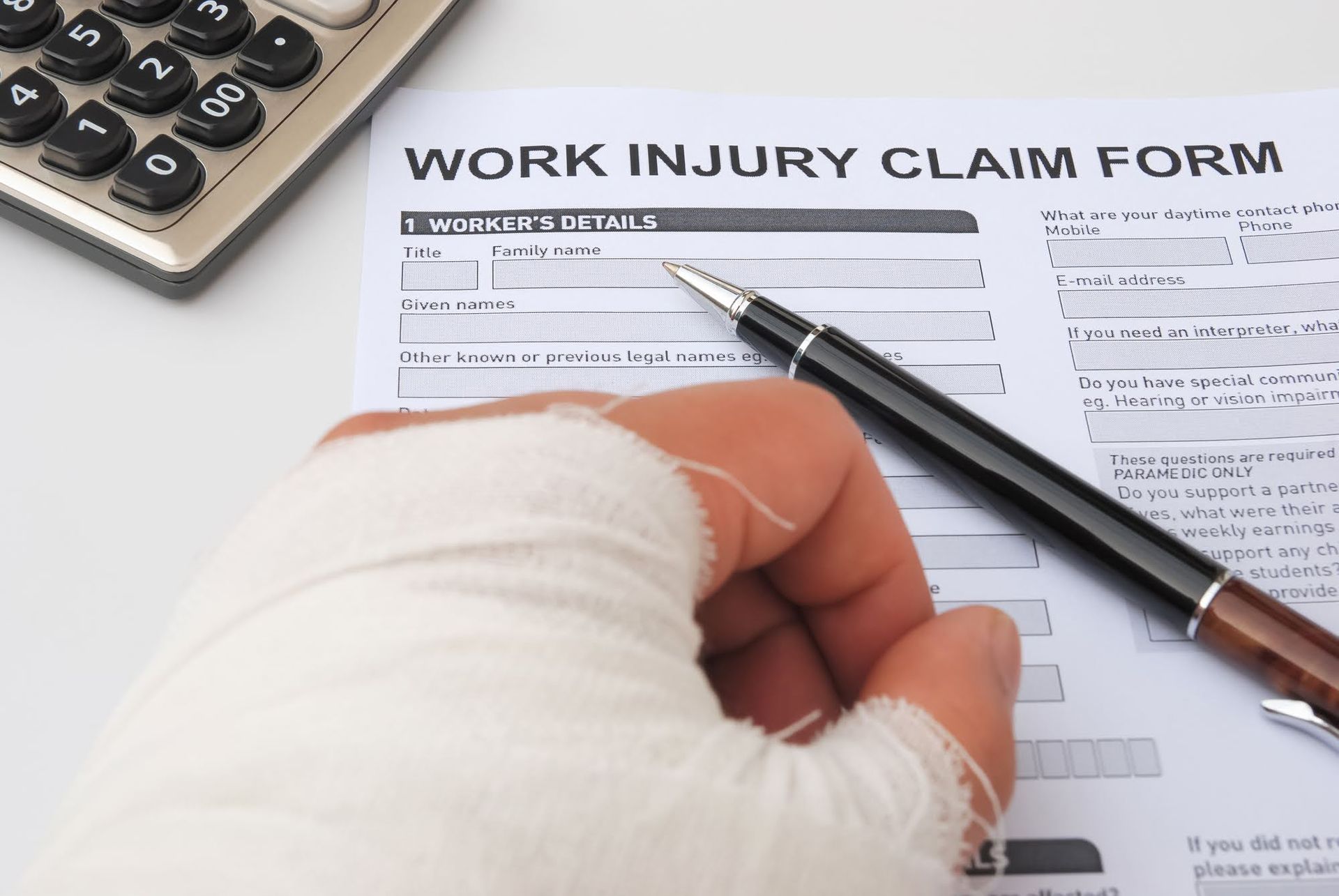Address: 1201 East Street Parkville, Missouri 64152
Toll Free:
Call Us Now:
Workers' Compensation for Brain Damage

Experiencing a brain injury due to a workplace incident is a life-altering event that demands immediate and effective action. Navigating the workers' compensation system can be overwhelming, especially when dealing with the complexities that often accompany brain injuries. By understanding the nuances of workers' compensation related to brain injuries, affected individuals can better ensure they receive the support and benefits vital for their recovery and future well-being. Read on to learn more.
Understanding Brain Damage
Brain damage, a severe and often life-altering injury, can arise from various workplace accidents. Whether due to a fall, being struck by an object, or exposure to harmful substances, brain injuries can significantly impact an individual's ability to work and perform daily activities. Understanding the nature and extent of brain damage is crucial for both employees and employers in addressing claims for workers' compensation.
Types of Brain Injuries
Brain injuries can be categorized into traumatic and non-traumatic brain injuries. Traumatic brain injuries (TBIs) are often caused by external physical forces, such as a blow to the head during a construction accident or a slip and fall in an office. TBIs can range from mild concussions to severe cases resulting in long-term cognitive impairments. Non-traumatic brain injuries, on the other hand, might involve internal factors like strokes, aneurysms, or exposure to toxins that affect brain function. Regardless of the cause, the repercussions of brain injuries necessitate a comprehensive approach to workers’ compensation.
The Process of Filing a Workers' Compensation Claim
Filing a workers' compensation claim for brain damage involves several crucial steps. First, it's imperative to report the injury to the employer as soon as possible. This report should include a detailed account of the incident, symptoms observed, and any initial medical treatment received. Prompt reporting is essential to initiate the compensation process and ensure all necessary legal timelines are adhered to.
Second, seeking immediate medical attention is critical. A thorough examination by a medical professional not only aids in diagnosing the severity of the brain injury but also provides essential documentation required for the claim.
Legal Representation and Advocacy
Given the complex nature of brain injuries and the intricacies involved in workers' compensation laws, it is often beneficial for claimants to seek legal representation. An experienced workers' compensation attorney can navigate the legal landscape, ensuring that all necessary documentation is submitted accurately and timely. Legal counsel can also advocate on behalf of the injured worker, negotiating with insurance companies and representing the claimant in hearings or appeals if the initial claim is denied.
Compensation and Benefits
Workers' compensation benefits for brain injuries can include a range of financial aids to support the injured worker and their family. These benefits typically cover medical expenses related to the injury, including hospital bills, rehabilitation, prescription medications, and necessary medical equipment. Additionally, workers may receive compensation for lost wages if the injury results in the inability to work temporarily or permanently. In cases of severe brain damage, long-term disability benefits may be available to assist with ongoing living and medical expenses.
Challenges and Considerations
Despite the provisions available through workers' compensation, obtaining adequate compensation for brain injuries can present challenges. Insurance companies may dispute the severity of the injury or the extent to which it impacts the worker's abilities. Additionally, brain injuries often have complex and evolving symptoms, requiring detailed medical evaluations and perhaps the involvement of multiple healthcare providers.
Navigating these challenges requires a diligent, meticulous approach. Keeping thorough records, obtaining comprehensive medical evaluations, and maintaining open communication with employers and legal representatives can help ensure that injured workers receive the compensation and support they are entitled to.
Brain damage incurred in the workplace is a serious issue that necessitates an informed and proactive approach to workers' compensation. Understanding the types of brain injuries, the process of filing a claim, and the importance of legal representation can significantly impact the outcome of a workers' compensation case. By ensuring timely reporting, seeking appropriate medical care, and leveraging legal expertise, injured workers can better navigate the complexities of the workers' compensation system and secure the benefits needed for their recovery and future. If you've been injured at work, contact our associates at Spooner & Perkins, P.C. for more information.

CONTACT INFORMATION
Email:
Phone:
Toll Free:










